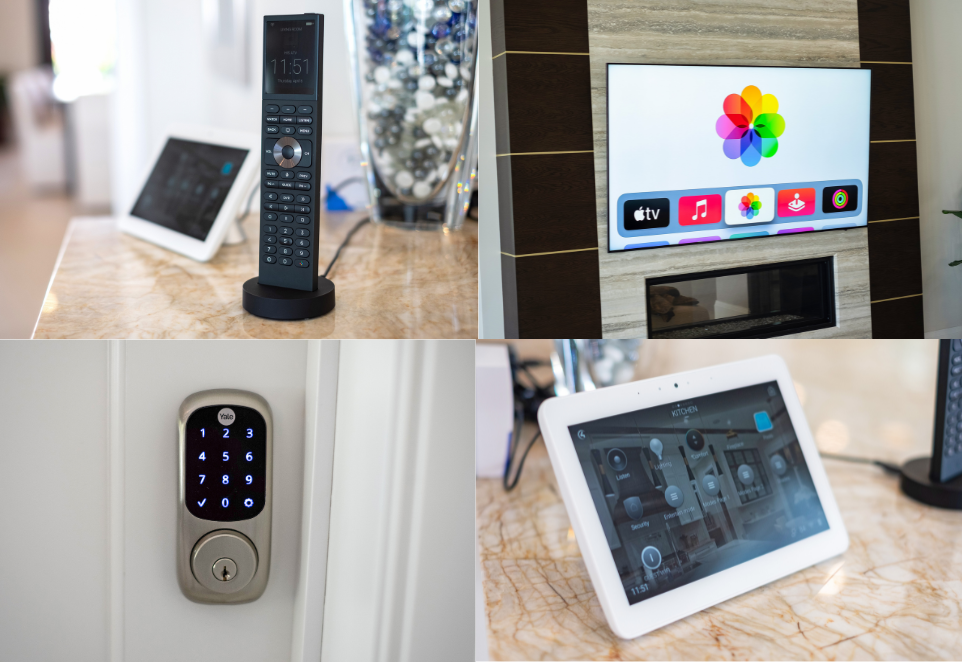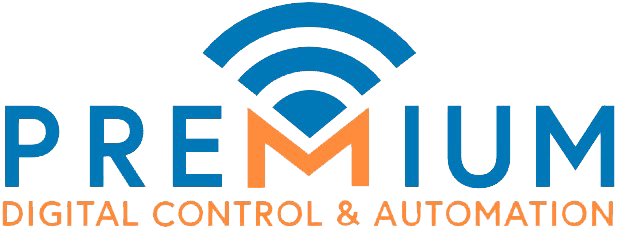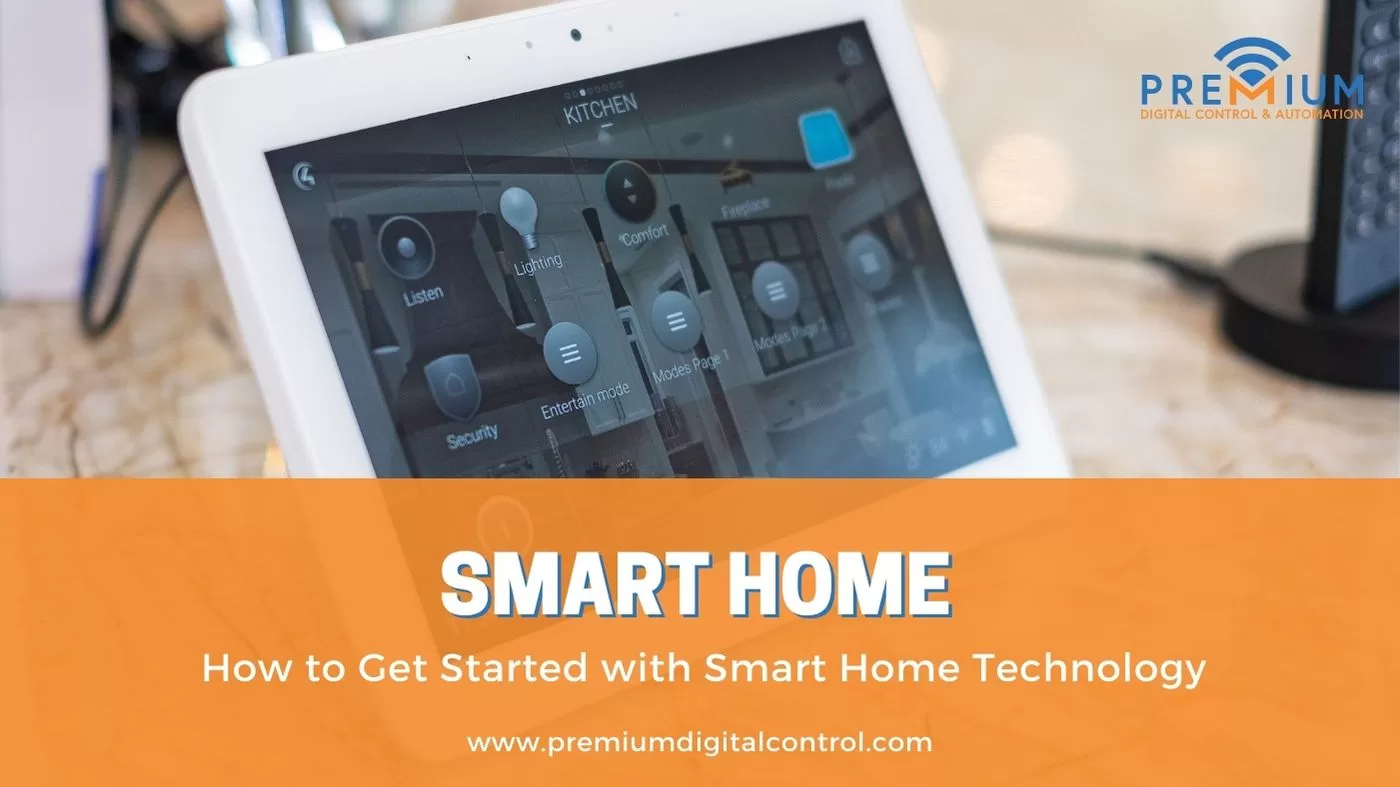The advent of smart home technology has revolutionized the way we interact with our living spaces. From voice-controlled virtual assistants to automated lighting systems and security cameras, smart home devices offer convenience, efficiency, and enhanced security. If you’re intrigued by the idea of transforming your home into a smart home but are unsure where to begin, this comprehensive guide will walk you through the necessary steps to get started with smart home technology.
Understand the Basics of Smart Home Technology
Before diving into the world of smart home devices, it’s essential to grasp the foundational concepts. Smart home technology refers to a network of devices and appliances connected via the Internet of Things (IoT) that can be controlled remotely or automated to perform tasks. These devices can communicate with each other, collect data, and adapt to your preferences, ultimately making your home more intelligent and responsive.
Learn more about smart home technology and how you can start controlling your home.
Assess Your Needs and Prioritize
Every smart home journey begins with an assessment of your needs and priorities. Determine which areas of your home and aspects of your daily life could benefit from automation or remote control. Consider factors such as security, energy efficiency, convenience, entertainment, and comfort. Identifying your requirements will help you narrow down the types of smart devices that will best suit your lifestyle.
Start with a Smart Hub or Voice Assistant
A smart hub or voice assistant serves as the central control system for your smart home. These devices allow you to manage and control various smart devices using voice commands or a mobile app. Popular examples include Amazon Echo with Alexa, Google Nest Hub, and Apple HomePod. Choose a hub or assistant based on compatibility with other devices and the ecosystem you prefer.
Begin with Essential Smart Devices

To get started, focus on essential smart devices that provide immediate benefits and offer a solid foundation for building your smart home ecosystem. Here are some key devices to consider:
- Smart Lighting: Upgrade your traditional bulbs with smart lights that can be controlled remotely or automated to adjust brightness, color, and schedule.
- Smart Thermostat: Opt for a smart thermostat that can learn your temperature preferences, create energy-efficient schedules, and be controlled remotely to save energy and enhance comfort.
- Smart Security: Install smart security cameras, doorbell cameras, and smart locks for enhanced home security. These devices allow you to monitor and control access to your home remotely.
- Smart Home Entertainment: Consider devices such as smart TVs, streaming devices, and audio systems that can be integrated with your smart home ecosystem, providing seamless control and automation.
Check out the best smart home technology for your home.
Research Compatibility and Integration
Before purchasing smart devices, ensure compatibility with your chosen smart hub or voice assistant. Look for devices that support popular protocols as they tend to have wider compatibility. Additionally, explore the manufacturer’s ecosystem and ensure the devices you choose can integrate and communicate with each other effectively.
Finding a Reputable Smart Home Technology Integrator
While setting up a basic smart home system can be a DIY project, some homeowners may prefer the expertise and guidance of a professional smart home technology integrator. These professionals specialize in designing, installing, and configuring complex smart home ecosystems tailored to your specific needs. Here’s how you can find a reputable smart home technology integrator:
Research Online: Start by conducting a thorough online search for smart home technology integrators in your area. Look for companies with positive customer reviews and testimonials. Check their websites to learn about their services, experience, and the brands they work with.
Seek Recommendations: Ask friends, family, and colleagues who have already integrated smart home technology into their homes for recommendations. Personal referrals can provide valuable insights into the integrator’s professionalism, expertise, and customer service.

Check Industry Associations: Look for integrators who are members of industry associations, such as the Custom Electronic Design and Installation Association (CEDIA). Membership in these organizations indicates a commitment to professionalism and adherence to industry standards. Aside from that, winning smart home technology awards from these organizations is a solid proof that the integrator is a professional and the best in the market.
See our smart technology award from CEDIA.

Request Consultations and Quotes: Reach out to multiple integrators to schedule consultations. During these consultations, discuss your needs, vision, and budget. A reputable integrator will take the time to understand your requirements and provide tailored solutions. Ask for a detailed quote outlining the costs and scope of the project.
Evaluate Experience and Expertise: Inquire about the integrator’s experience and expertise in working with the specific smart devices and brands you intend to use. Request information about their certifications, training, and any industry partnerships they have.

Check Licensing and Insurance: Verify that the integrator holds the necessary licenses and insurance coverage. This ensures that they meet legal requirements and provides protection in case of any accidents or damages during the installation process.
Explore Automation and Routines
One of the most significant advantages of smart home technology is automation. Experiment with creating routines and automation rules that simplify your daily tasks. For example, you can set up a “Good Morning” routine to turn on lights, adjust the thermostat, and play your favorite music when you wake up.
Expand and Customize
Once you have your foundational smart devices in place, feel free to expand and customize your smart home ecosystem based on your evolving needs and preferences. Consider additional devices like smart blinds, smart plugs, smart speakers, or even smart garden systems. Research and experiment with new technologies to discover innovative ways to make your home smarter.
Conclusion
Getting started with smart home technology is an exciting journey that can transform your living space into an intelligent and responsive environment. By understanding the basics, assessing your needs, choosing the right devices, and integrating them into a cohesive ecosystem, you can enjoy the benefits of convenience, security, energy efficiency, and comfort that smart home technology has to offer. Embrace the possibilities, and embark on the path to a smarter, more connected home.


